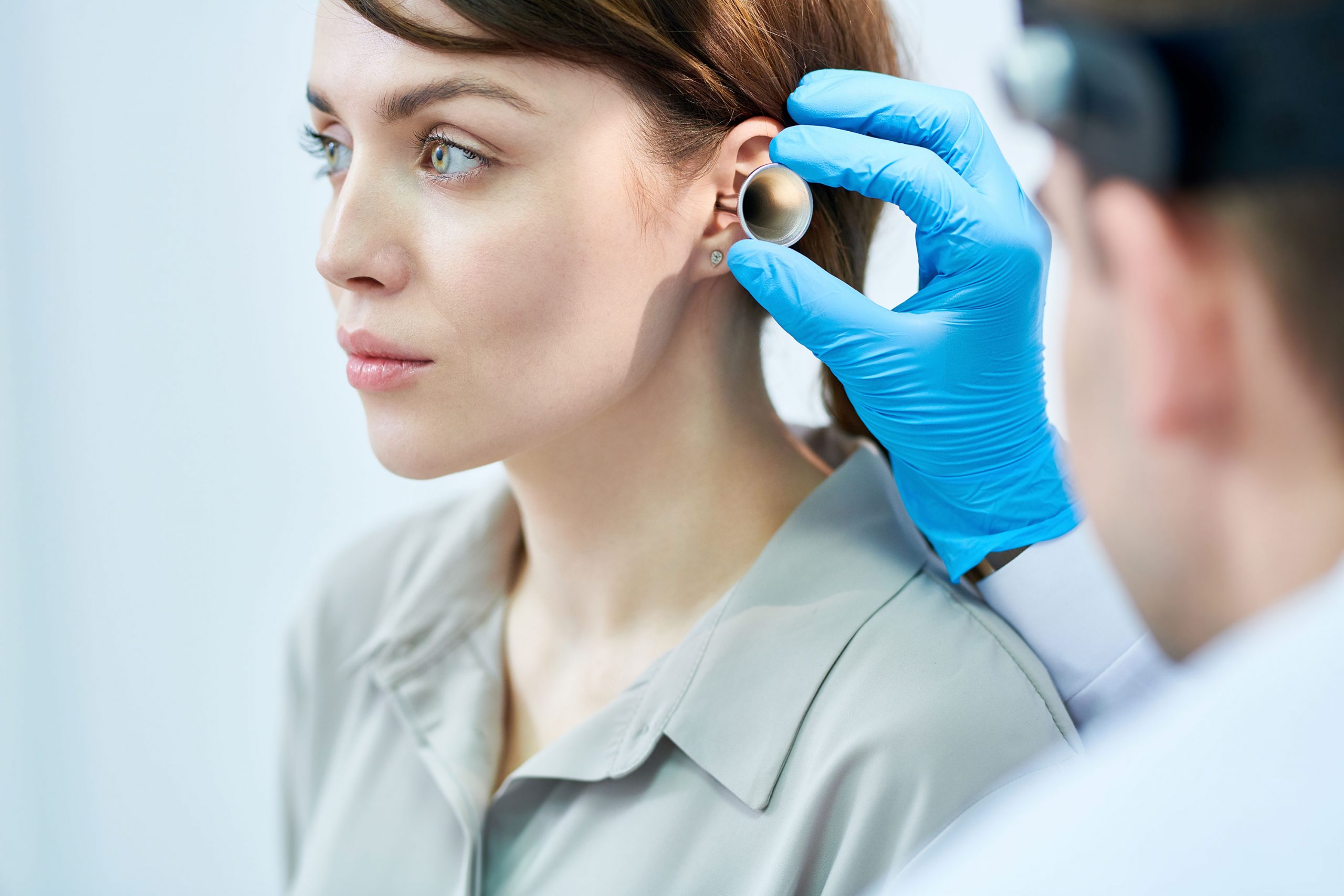Are you turning the volume of the TV up to a point where your partner complains? Are you finding social situations are becoming stressful and the idea of being in a loud environment is causing anxiety? You might be struggling with hearing loss.
For the duration of COP26 we will be increasing diary space at our Milngavie, Stirling, and Edinburgh branches. Throughout this time we will continue to take appointments at our Glasgow clinic. The number of patients we see will be reduced and appointment time will be increased to account for the extra travel considerations and ensure our patients continue to receive the best possible care.
Please bear with us during this time. If you have any concerns regarding your appointment during COP26 please get in touch with the clinic by calling 0333 320 7788 and we will be happy to help.
*Glasgow clinic opening hours are subject to change throughout COP26*
Your hearing loss will continue to deteriorate
Hearing loss is a serious medical condition and as such has varying degrees of urgency. Hearing loss can range from mild to moderate to severe and all these levels need to be monitored and treated to ensure you retain maximum clarity. Without proper expert attention the problem will only progress.
Depending on the level of hearing loss and the stage at which it is diagnosed your audiologist may even be able to reverse the loss. If the problem has gone to a stage where reversal isn’t possible your life could still be drastically improved with a state-of-the-art hearing aid.
Your hearing loss doesn’t just affect your ears, your brain is also at risk
When we think of hearing loss, we often believe the only part of us affected by the loss is our ears, however this isn’t true. Research has shown a connection between hearing loss and developing disease such as Alzheimer’s and Dementia, you can read more about that here.
Our ears send signals to our brain and when our hearing deteriorates so too does the part of our brain that deals with these signals.
Your hearing loss could lead to isolation
Patients often confide to us that when they first noticed their hearing loss they kept it to themselves. Gradually as the loss began to deteriorate further it became harder for them to hide their trouble at keeping up with conversations and phone calls. Rather than face the issue they pulled away from these essential social situations and allowed themselves to become isolated. Which ultimately led to feelings of worthlessness and loneliness.
What these patients don’t initially realise it your hearing loss is a burden shared by your loved ones. They notice when you retreat into yourself, they notice you are quiet, and they can feel the drop in your mood. Hearing loss is a natural part of life and just as there is nothing to be ashamed about when you must get your eyes tested, there is no shame in hearing loss.
Your work may be suffering
We often have patients visit our clinic because they are struggling to hear during meetings, or conference calls are becoming impossible. Office dynamics largely centre around ‘water cooler’ conversation and light-hearted chats.
Hearing loss can make your job harder and less enjoyable. You may struggle with phone calls, conversations with colleagues and in jobs such as construction you may even put yourself and others at risk.






